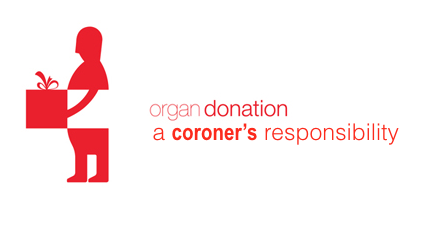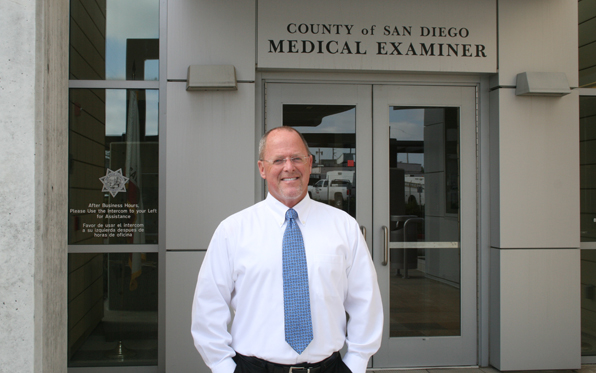Understanding Gun Shot Injuries
All firearm injuries resulting in death will fall into the manner of homicide, suicide, or accident, all will come under the jurisdiction of a medical examiner or coroner, and the local Law Enforcement. Injuries not resulting in death will remain the jurisdiction of the local Law Enforcement. However, you may still wish to consult a…
Read More




